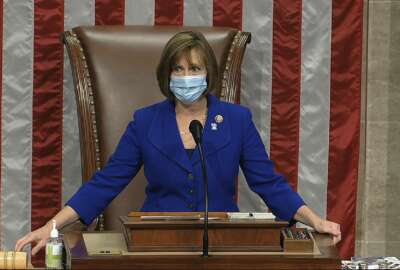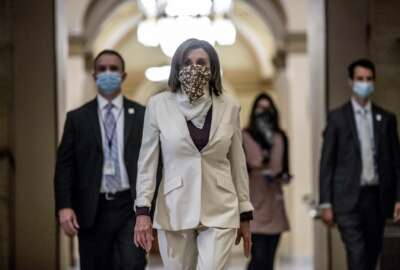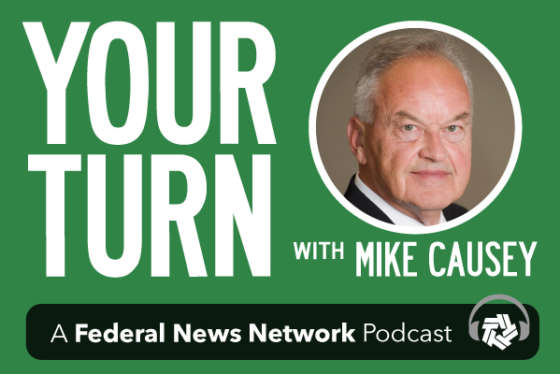
Add ‘political realities’ to the strikes against retirees
Although looking back on the first couple of months of 2020 might seem like the Good Old Days, benefits expert Tammy Flanagan said, “It was already destined to be...
Although looking back on the first couple of months of 2020 might seem like the good old days, benefits expert Tammy Flanagan said, “It was already destined to be pretty rocky” being an election year and all. But, then, of course, came the coronavirus pandemic.
On this week’s Your Turn with Mike Causey, Flanagan, who has been providing retirement planning assistance to federal employees since 1985, said she is an optimistic person, but expects volatility.
“What’s going on right now, especially with the sudden drop in the stock market in March” does not bode well, Flanagan said. “And now it’s kind of in a up-and-down. One day it’s up, another day it’s in the red.”
She expected to see a lot of activity over the coming months with investments and the economy taking some hits, considering how the stock market always reacts to what’s going on in the news.
“There’s a high unemployment rate, money not coming into Social Security and other revenue sources that we’re used to getting,” Flanagan said. “So I think it’s made people stop and pause to say ‘am I really ready to retire?”
Flanagan said retirees need to realize that savings and investment decisions they make could “cause you to run out of money, before you run out of life.”
During the second half of the show, Flanagan was joined by Jessica Klement of the National Active and Retired Federal Employees Association or NARFE.
Klement gave her assessment of the Windfall Elimination Provision (WEP) and the Government Pension Offset (GPO), the so-called “Evil Twins,” which have been the cause of much debate and calls for reform or repeal for decades.
In short, the WEP and GPO can, in one way or another, result in less money for retirees and their surviving spouses.
Klement said the repeal bill always gets “hundreds of co-sponsors.” A positive difference this year, is a new rule implemented by the majority party in the House forces a floor vote if any piece of legislation gets 290 cosponsors. The WEP/GPO repeal bill already has 245 cosponsors.
“That is not to say that that bill would become law, that it would be considered by the Senate, that it would get wrapped-up into a larger COVID economic relief package,” Klement said. “But it would, at least, get a stand-alone vote on the House floor.”
There is also the sentiment, Klement said, that everyone is getting something in these trillion-dollar relief bills, so why not federal retirees?
“I understand that mindset,” she said. “I get where it’s coming from. But the answer is ‘no,’ because of political realities. In a situation like this, it’s not necessarily about the price tag, which is about $80 billion to repeal both of them. Politics will keep it from moving.”
These provisions date back to the 1970s and 1980s, meaning Congress has seen more than 40 years of inaction. Even in the economic prosperity of the 1990s, with a Democrat in the White House, change could not be made, Klement said.
“The federal government right now is writing checks it most certainly can’t cash,” Klement said. “The question posed does not acknowledge the political realities of a bill that 535 people are not on board with.”
Copyright © 2025 Federal News Network. All rights reserved. This website is not intended for users located within the European Economic Area.
Peter Musurlian is a producer at Federal News Network.
Follow @PMusurlianWFED






